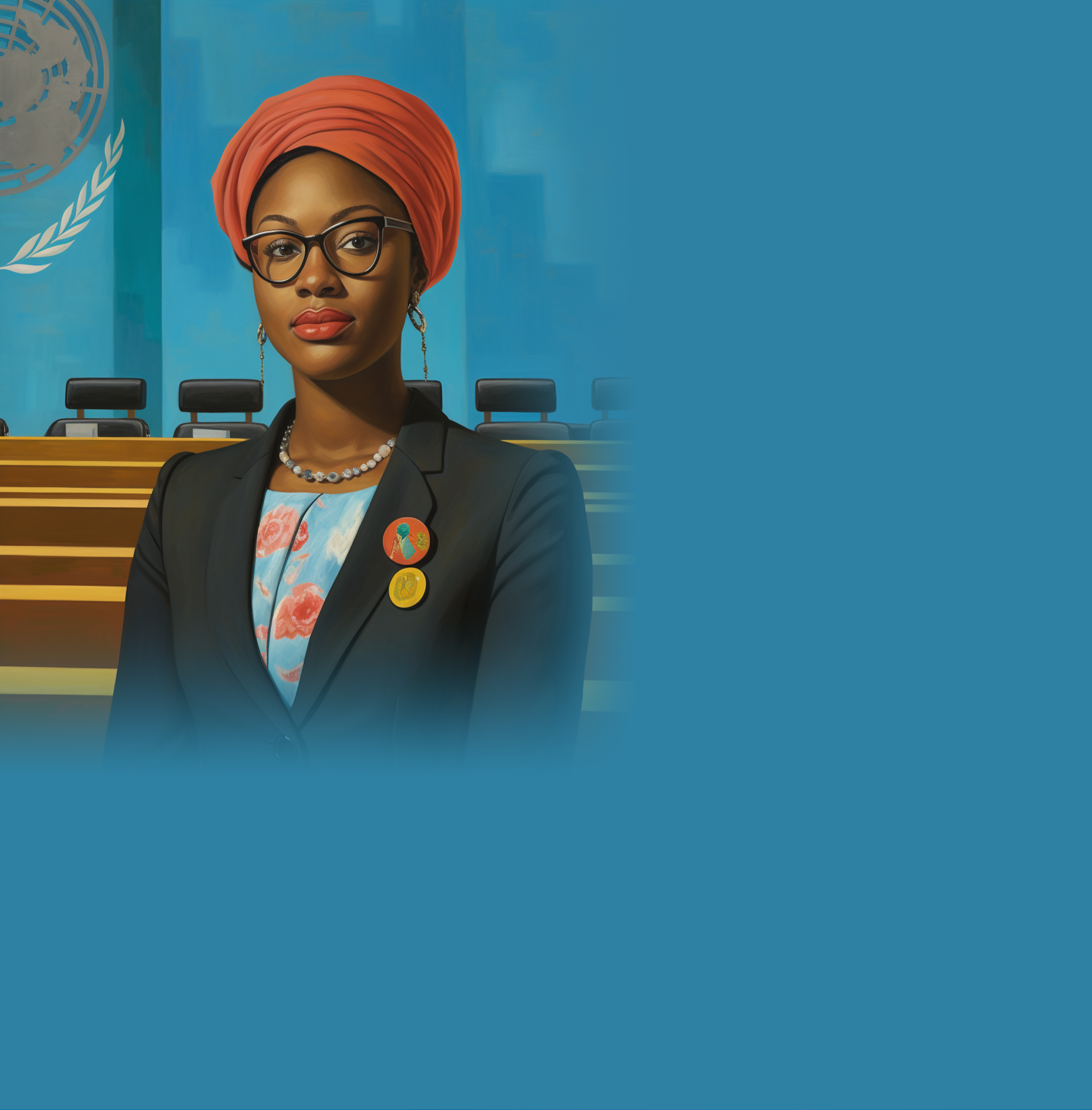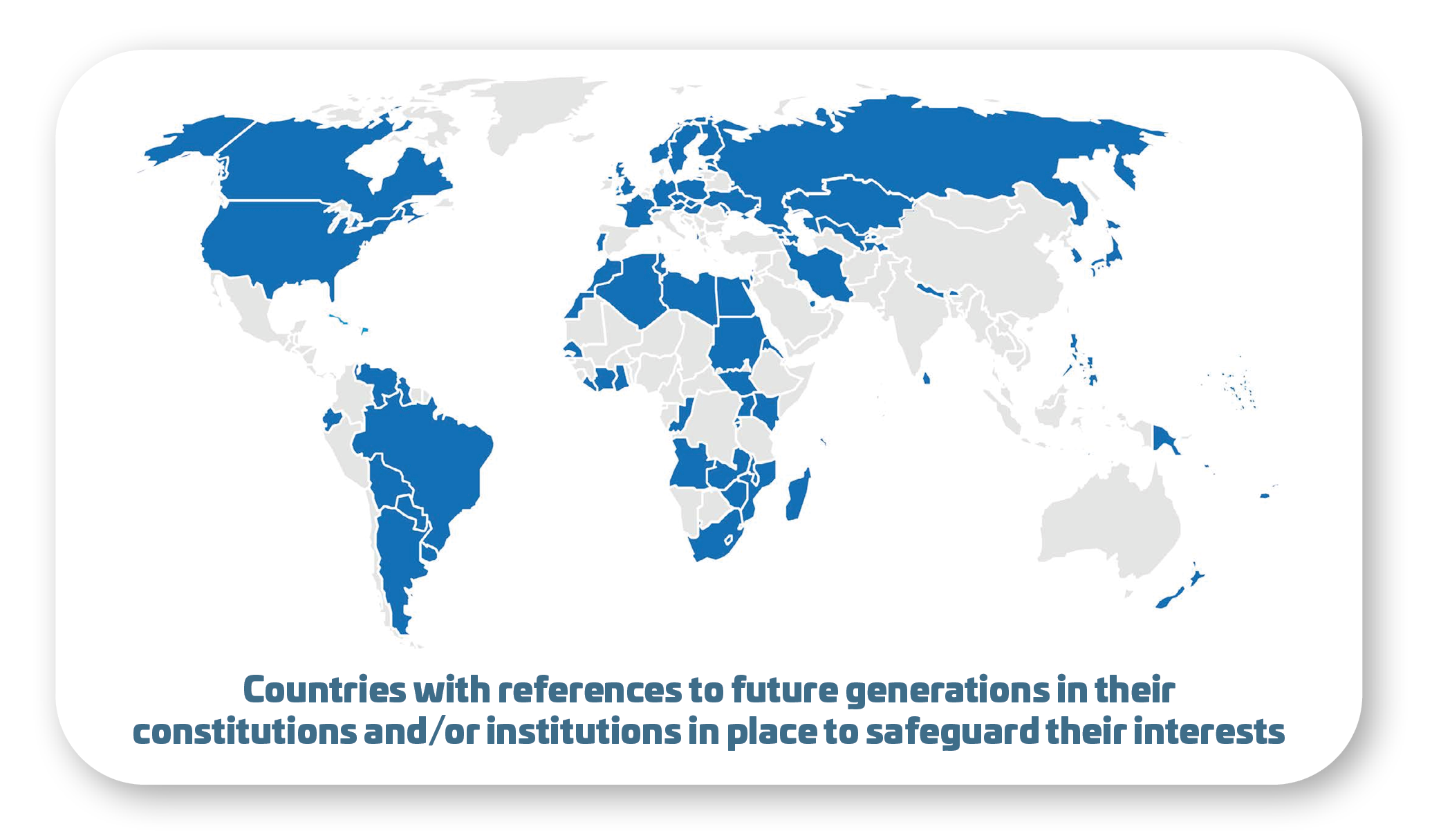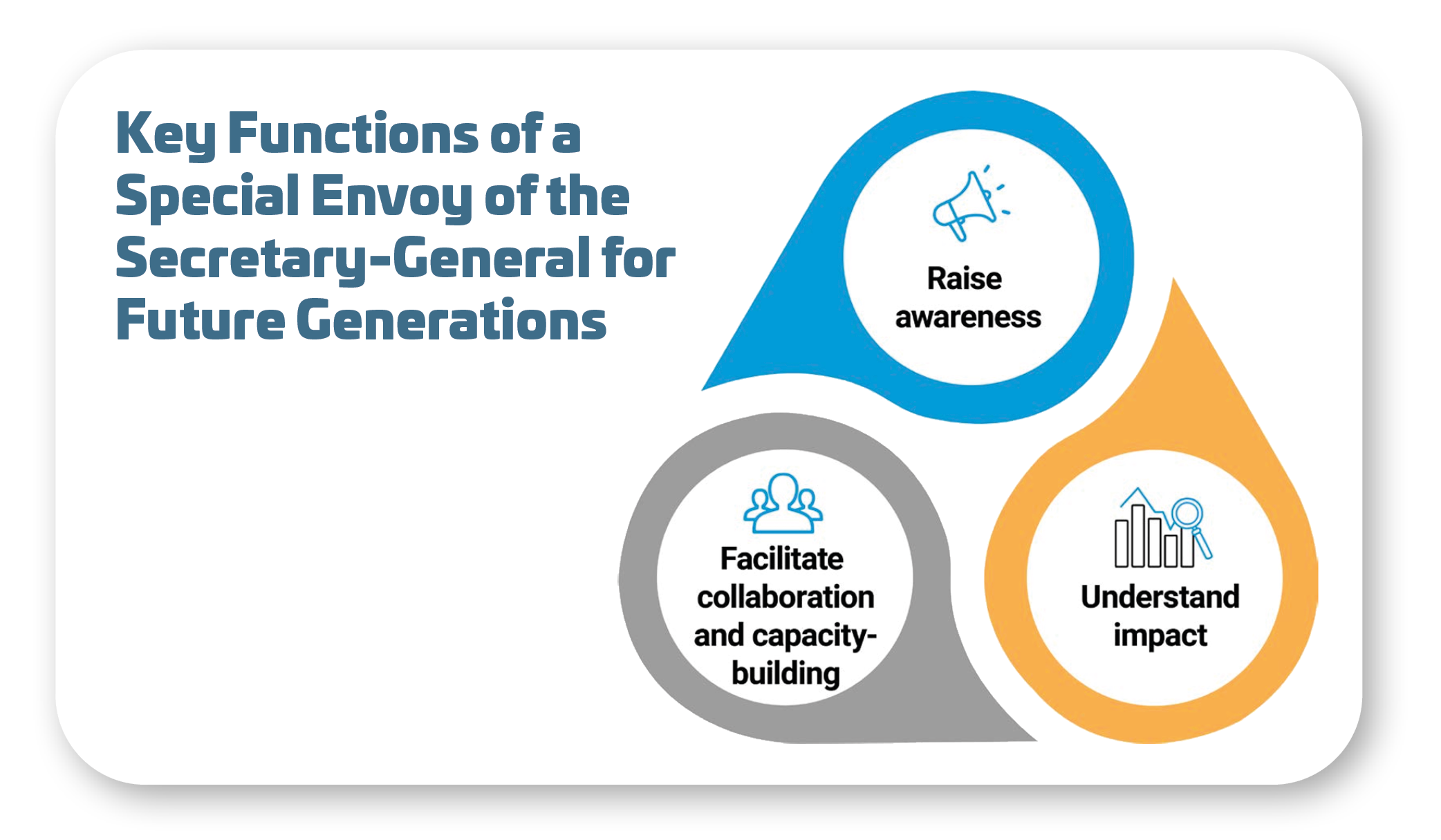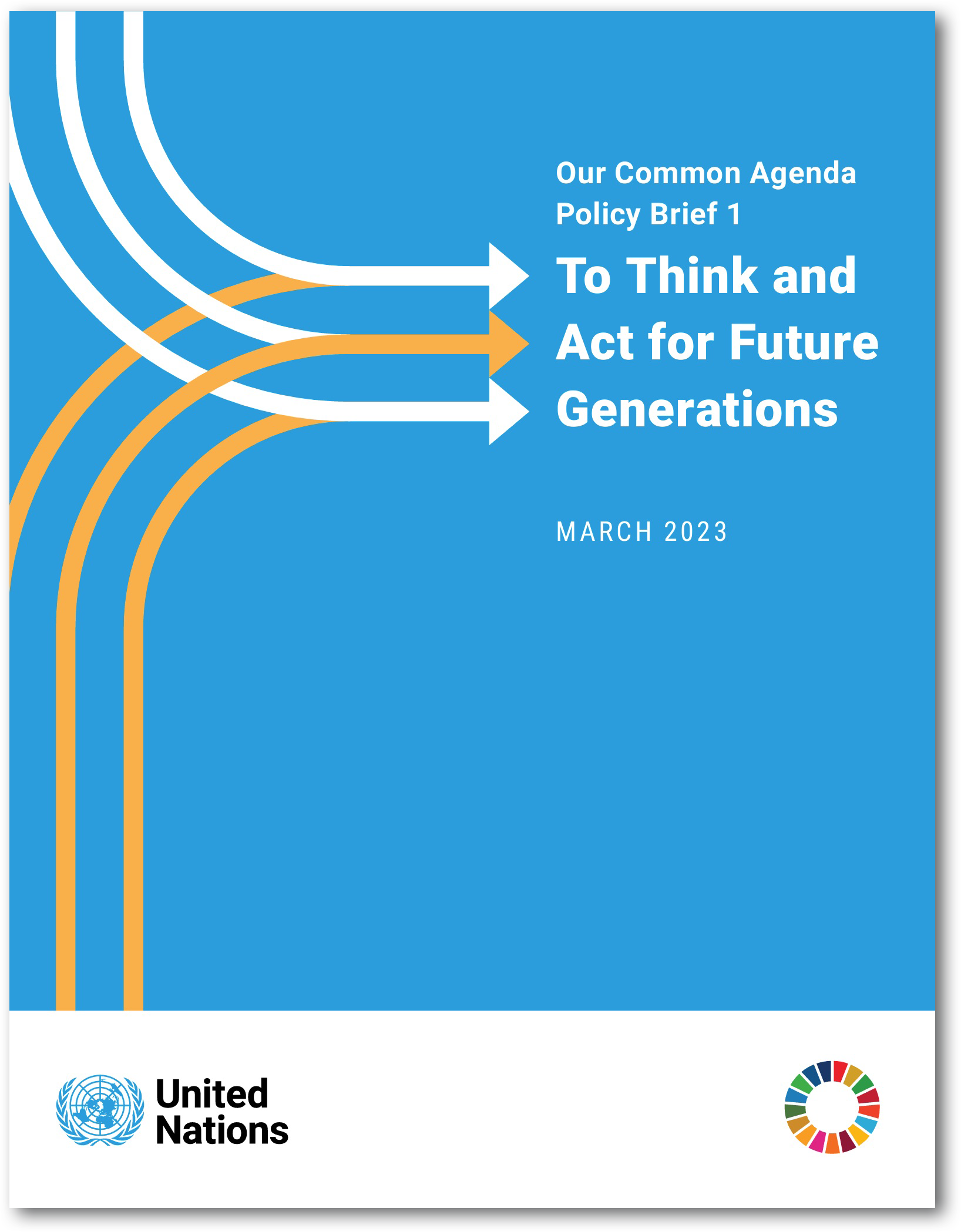Let's dive into the UN Secretary-General's Policy Brief on how our actions now will shape the destiny of those who come after us.
This is especially true for Africa and Asia, continents that are set to play a massive role in our shared future.


A world where every decision we make today safeguards the planet for those who will inherit it tomorrow.
This brief is all about making sure our children and grandchildren don't just survive, but thrive.

Shifting Demographics
Our world is younger than ever.
Nearly half of all people on Earth are under 30, but this youthful energy isn't spread equally across the globe. In countries like China, Brazil, and the United States, about one in three people are under 30.
But jump over to India, Bangladesh, and Nigeria, and it's more than half. Fast forward to 2100, and we could share our planet with over 10 billion people, with almost 90% of those people living in Asia and Africa. Wild, right?

Why should we care?
Here's the kicker: those future generations can't stand up for themselves yet.
That's where we step in. It's our responsibility to ensure they'll have their human rights respected and their needs met. Right now, we're dropping the ball.
Our actions are kicking up problems like climate change, pollution, and inequality. We're also having a tough time figuring out how to use new tech responsibly, and our consumption habits are exhausting our planet.

Commitments to
Future Generations
Nations worldwide are realizing the importance of safeguarding our planet for those who will inherit it.
From the UN Charter to the Paris Agreement, future generations are being represented in policies, especially regarding environmental protection and cultural diversity.

National Leadership
Almost half of the world's constitutions mention future generations. Courts are backing up these references, particularly on environmental and nuclear issues.
Governments are also implementing measures to protect the future, such as green accounting systems and the preservation of cultural heritage. Some have even established bodies specifically to represent future generations!

International Cooperation
International platforms like the Network of Institutions for Future Generations are fostering discussions on future-oriented policies, sharing best practices, and accelerating the 2030 Agenda, especially among future majority countries like Nigeria and India.
This is particularly important in young countries like Bangladesh and the Democratic Republic of Congo, where impacts can ripple down generations.

Special Envoy for
Future Generations
There's a proposal for a Special Envoy to advocate for future generations' interests.
This role would raise awareness about the long-term impacts of policies and encourage future-focused thinking.

Future Impact Assessments
A "generational test" for decisions with long-term impacts is being considered.
This would assess the potential future impact of decisions on areas including the environment, education, and health.

Declaration & Forum for Future Generations
Governments are urged to adopt a declaration for future generations and establish an intergovernmental mechanism to share best practices.
This would consolidate commitments to future generations and adapt them to new challenges.

This policy brief underscores the need for decisions that benefit us and those who will inherit the world from us.
It's about ensuring our actions create a sustainable, equitable, and prosperous world for future generations.
So, let's roll up our sleeves and get to work, because the future starts now!

If you enjoyed our decoded version of the Our Common Agenda Policy Brief and want to delve into more detail on the recommendations for future generations, you can immerse yourself in the full policy brief here.
To find out more about Our Common Agenda, click here.
Disclaimer: The artworks displayed on this page were generated by artificial intelligence (AI) technology. They are not attributed to any real artist.
















